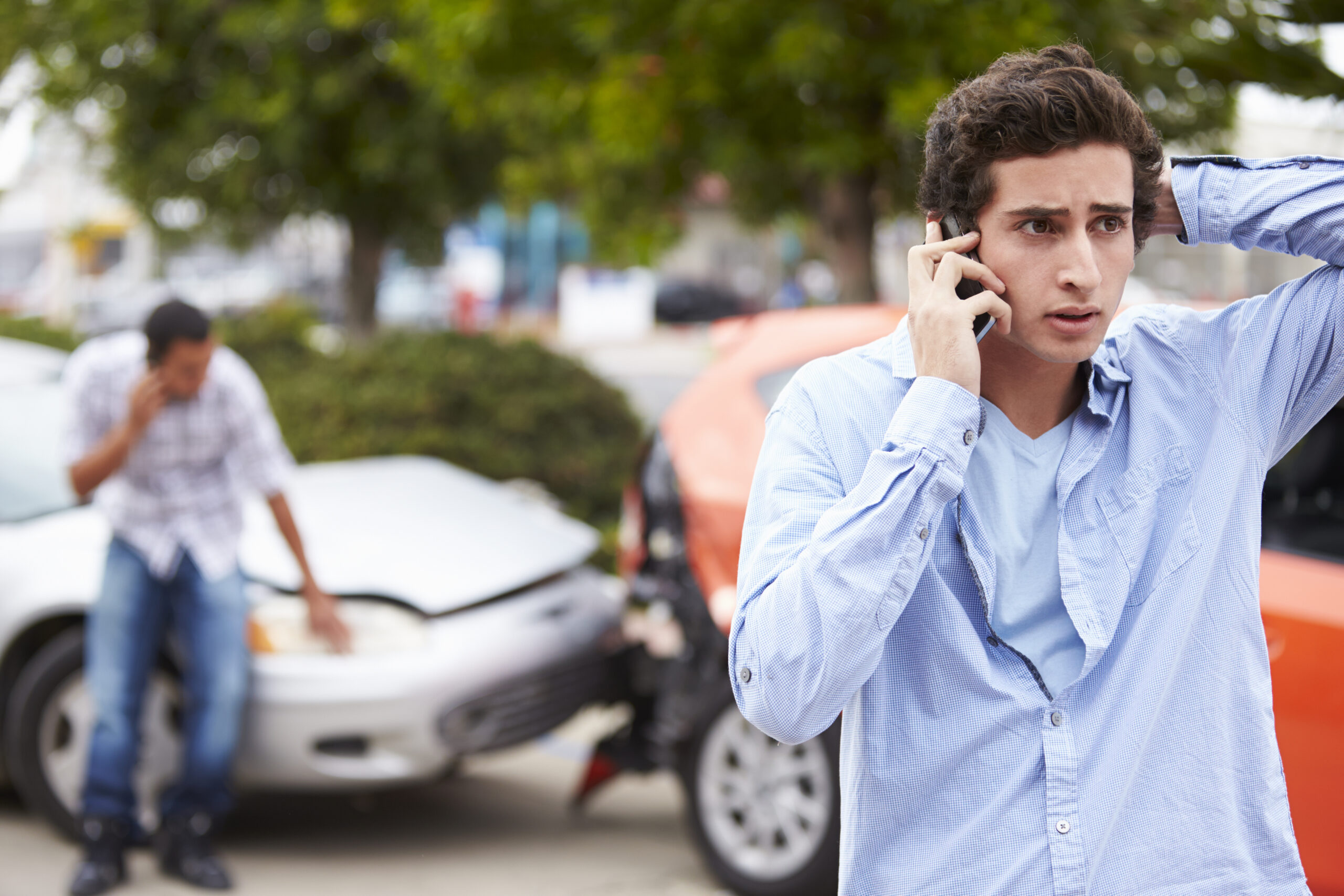After spending years protecting your children from all sorts of dangers on the road and off, you now face the prospect of handing them the keys to the family car. It is time for them to learn how to drive. Are you prepared? We can help you mold your teen into a safe and capable driver.
NHTSA has a teen driving site containing information on states’ driver licensing requirements for teens as well as ideas and resources to help you lay down the ground rules with your aspiring driver before you hand over the car keys.
Please make sure your young driver is aware of the leading causes of teen crashes and injuries:
- Lack of experience – Of course your teen will have lack of experience. Keep this in mind. They will need a lot of practice time with you before you hand over the keys and let them go alone. Just remember, you cannot know what you already know. Your teen does not know what you know.
- Passengers – NHTSA has done a study analyzing the number of teen passengers. The potential to engage in risky behavior goes up for the number of passengers in the vehicle. Restricting the number of passengers is ideal and most states have restrictions on new drivers for this reason.
- Not using seat belts – The majority of teenagers involved in fatal crashes are unbuckled. As teens start driving and gradually gain independence, they don’t always make the smartest decisions regarding their safety. It only takes a few seconds to buckle up, but it could make the difference of a lifetime.
- Distracted driving – Research has shown that dialing a phone number while driving increases your teens risk of crashing by six times and texting increases your teens risk by 23 times. Distracted Driving can be many more than just talking or texting. Eating, changing the radio, drinking coffee, or applying make-up to name a few. Taking eyes off the road even for five seconds could cost a life.
- Reckless driving – When friends are in the car, teens tend to pay less attention to the task at hand as well as get that “I’m invincible” attitude. Remind your teens this is not the case and why it is imperative for them to pay full attention to the road
- Drowsy driving – Teens are busier than ever: studying, extracurricular activities, part-time jobs, and spending time with friends. All of these activities are important, teens tend to push sleep aside to fit it all in their day. This is a dangerous habit and can lead to drowsy driving. Ensure your teen has the sleep they need so they can drive as safely as possible.
- Impaired driving – Remind your teen that drinking underage is illegal and driving under the influence of any impairing substance could have deadly consequences. Remind your teen to never ride with someone who has been drinking or using drugs. Make sure he or she understands that you will always spick them up regardless of time or location.
- Speeding – 27% of fatal crashes involving teens were the result of speeding. Teens should especially be aware of their speed during inclement weather, when they may need to reduce their speed, or with other road conditions like traffic stops or winding roads. Obey all traffic signs.
As a parent, you are the number one influence on your teen driver’s safety. Teens whose parents that set good examples and impose driving restrictions typically engage in less risky driving and are involved in few crashes. Eyes on the road, hands on the wheel: ALL THE TIME.

